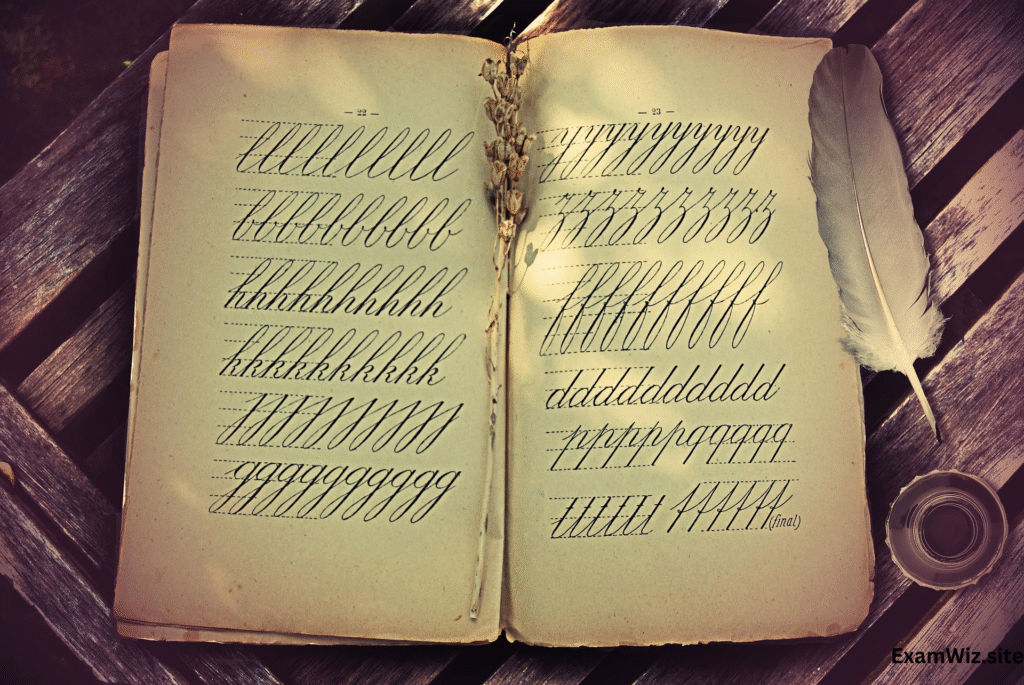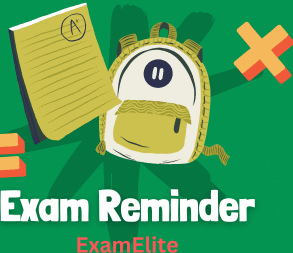If you’re a fan of crime shows or investigative literature, you’ve likely come across the polygraph exam, which is also known as the lie detector test. The purpose of this test is to determine the veracity of a subject’s claims; it is used by government agencies, police enforcement, and certain employers. But how precise is it? How does it evaluate things? Would a court accept that as evidence?
Read this book to learn everything about polygraph tests—what they are, how they operate, when they are used, the legal implications, and what to expect if you are asked to take one.
How Does a Polygraph Test Work?
The polygraph exam is one form of physiological examination that may detect dishonesty in individuals. “Polygraph” means “many writings,” or several physiological data points collected by the test at the same time. During a polygraph examination, the gadget captures the subject’s:
-
Cardio vascular
-
Pulse rate
-
Respiratory rate
-
A galvanic skin response is what causes sweating.
According to the hypothesis, people exhibit observable physiological responses, such as an increased heart rate or worried sweating, when they lie.
What is the Process of a Polygraph Exam?
The standard procedure for a polygraph exam consists of three parts:
Thorough Interview Prior to the Exam
-
The examiner provides context by asking questions and outlining the process.
-
Following the individual’s explanation of the equipment, they will be asked to sign the necessary documentation.
-
This part of the process involves coming up with control and relevant questions.
Data Collecting Stage of the Chart
-
The examinee is connected to the polygraph apparatus using sensors.
-
Multiple yes/no questions are asked, often categorized as control, relevant, and irrelevant.
-
By recording reactions, the system is able to establish physiological baselines and identify outliers.
Post-Test Analysis
-
The examiner then draws conclusions based on the collected facts.
-
We determine whether it is unresolved, dishonest, or factual.
Common Purposes of a Polygraph Examination
There are several situations in which polygraph exams are used. The most common ones are these:
1. Looks into Illegal Actions
Police and government agencies often use polygraph testing to interrogate suspects and verify witness statements.
2. Clearance for Positions in the Government and Security
In order to hire new employees and verify their identities, agencies like the FBI, CIA, and NSA conduct polygraph tests.
3. Pre-Employment Screening
Some commercial security companies and government organizations use lie detectors to check the honesty of job candidates.
4. Adultery or Private Probes
In private investigations, such as those involving allegations of adultery or domestic disputes, polygraphs may be administered.
Expectations for a Polygraph Examination
If you are booked for a polygraph test, this is what you may expect:
-
Preparation: Some medications, as well as caffeine and alcohol, may be asked to be avoided in the hours leading up to the test.
-
Duration: The duration of the exam might range from 1.5 to 3 hours.
-
Questions: Your inquiries will be a mix of relevant and control items.
-
Setting: Calm and controlled conditions are often used to provide accurate readings.
-
Conclusion: Although the examiner may provide early results, a complete analysis often takes a few days.
Samples of Polygraph Questions
To give you a better idea of the questions that are asked, here are a few examples:
-
Call me John Smith. (Not pertinent)
-
Is workplace theft something you’ve ever done? Oversee as needed
-
Did you take the money out of the safe on June 10th? Concerning what is pertinent
Inquiries like this help set behavioral baselines by eliciting answers that are easy to understand.
How Reliable is the Polygraph Exam?
One of the most disputed aspects of the polygraph exam is its accuracy. The reliability of polygraph results varies from 70% to 90% according to studies, which are influenced by:
-
The examination team’s education
-
The nature of the queries
-
The mental and physical health of the examinee
Nevertheless, polygraphs do have their limitations. Some people may “beat the test” by keeping their body responses under control. Anxiety and uneasiness are the only reasons some people fail.
Can a Polygraph Test Still Come Up Empty-Handed Even When the Subject Is Being Completely Truthful?
Actually, false positives do occur. Physiological reactions that resemble dishonesty could be caused by medical problems, anxiety, or simply a misunderstanding of the questions.
False negatives may occur, however, if trained individuals or professional liars were to pass the test while lying.
Polygraph Exams and Their Legality
Results from polygraph tests may or may not be admissible in court depending on the jurisdiction:
-
Most US courts do not recognize polygraph results because of reliability problems.
-
In some states, polygraphs may be used if both parties consent beforehand.
-
Federal employment law does not recognize a refusal to submit to a polygraph as a valid defense, nevertheless, such a refusal may affect hiring or security clearance decisions.
In any situation involving a criminal investigation or court case, you should consult a lawyer before agreeing to a polygraph exam.
The Pros and Cons of the Polygraph Exam
Advantages:
-
It helps investigators find possible perpetrators.
-
Very advantageous for confidential job screenings
-
Painless and quite quick
-
Encourages openness and truthfulness while being interrogated
Drawbacks:
-
Imprecise
-
Personal views of the examiners
-
Probability of false positives and negatives is high.
-
It does not have the force of law in many jurisdictions.
Preparing for a Polygraph Exam
-
Tell the Truth: Making an effort to “beat” the polygraph might end up backfiring.
-
Get Enough Sleep: If you want your body to respond normally, you need to get adequate sleep.
-
Stay Away from Stimulants: Stay away from caffeine, energy drinks, and cigarettes—this includes the day of the exam.
-
Keep Calm: Breathing exercises might help reduce anxiety.
-
Ask for Clarification: Do not be afraid to ask for clarification when you need it.
Testing and Accreditation for Polygraphs
To enter the field of polygraph examination, you will need specialized education and training. Certification for US examiners is typically granted by:
-
The American Polygraphers’ Association (APA)
-
The AAPP is the American Police Polygraph Association.
-
Organizations that provide training and have earned accreditation from bodies like the NCCA
Typically, the process begins with ten to twelve weeks of classroom training and continues with supervised internships and exams.
Search Engine Optimization Success Factors: The “Polygraph Exam”
From an SEO and content marketing perspective, the search term “polygraph exam” is very beneficial. Tourists come from all over:
-
All job applicants are required to undergo pre-employment screenings.
-
Individuals engaged in both criminal and civil investigations
-
Aspiring forensic scientists
-
Individuals participating in the judicial system
Utilize semantic terms such as:
-
Lie detector testing
-
How reliable are polygraph exams?
-
Getting Past a Polygraph Exam
-
Typical polygraph questions
-
Analysis of the polygraph results
They boost the piece’s visibility in search results on sites like Bing and Google when used naturally throughout.
Final Thoughts
Law enforcement, private investigations, and government agencies all make use of the polygraph exam, which is an imperfect but helpful tool. Anyone, from those who are about to take one to those who are just curious about how they work, may benefit from a better understanding of the science, methodology, and legal implications of a polygraph test.
Despite concerns that it is not the most accurate way to detect lies, the polygraph remains a common tool in the investigative toolbox. Knowing what to expect and what to avoid may greatly influence your interaction with this complex technology.
